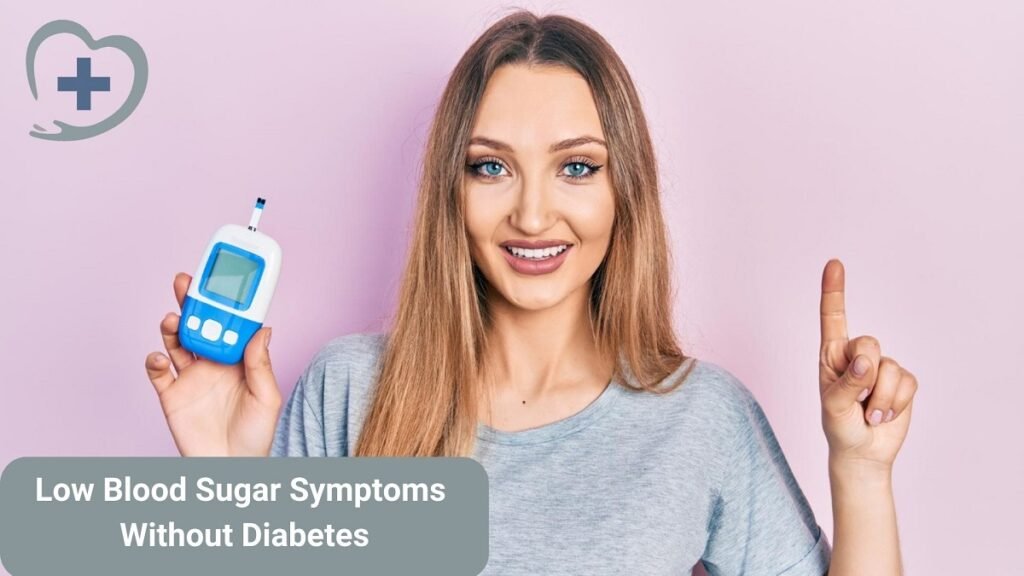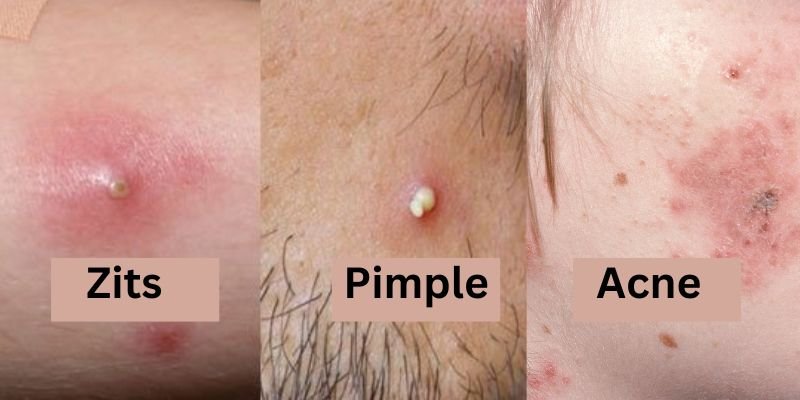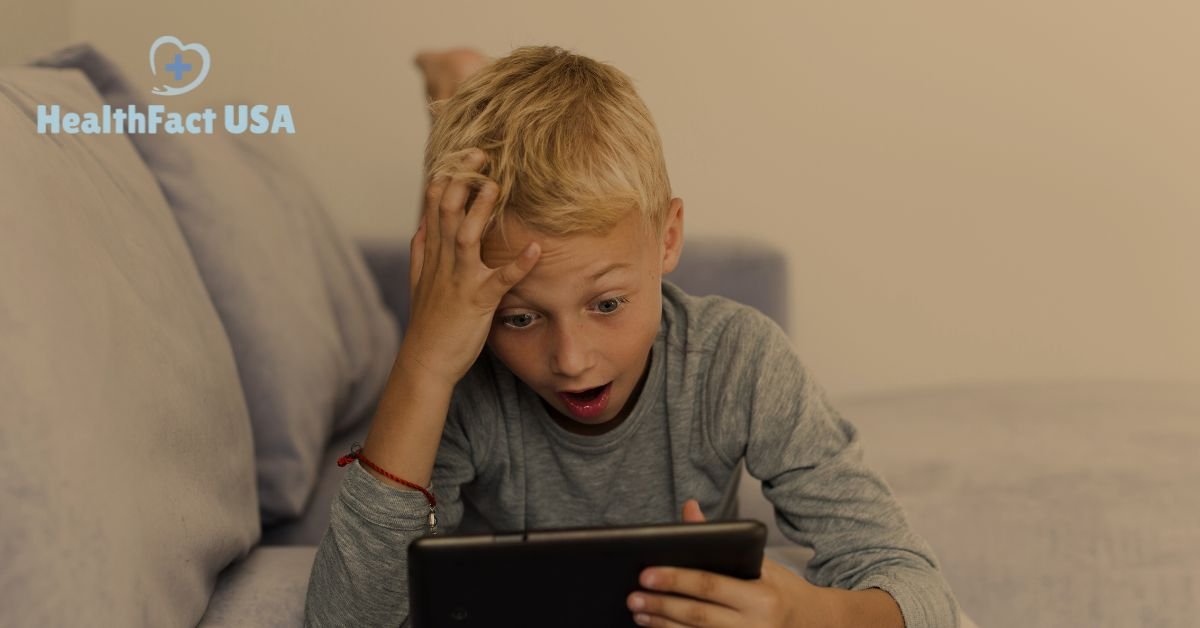Understanding Low Blood Sugar
Most people associate low blood sugar, or hypoglycemia, with diabetes. However, it is entirely possible for someone without diabetes to experience low blood sugar symptoms. This article delves deep into the subject of “low blood sugar symptoms without diabetes” to provide insights for those who might be affected.
Blood sugar, or glucose, is the primary source of energy for the cells in our bodies. Our body’s ability to maintain the right balance of glucose is vital for our overall health and well-being. Hypoglycemia, the medical term for low blood sugar, occurs when the glucose levels in the blood drop below normal.
For those with diabetes, hypoglycemia can often result from an imbalance between insulin doses and the amount of food consumed or physical activity. However, for people without diabetes, the causes might differ but are equally concerning.
Low Blood Sugar Symptoms Without Diabetes: What to Watch Out For
If you don’t have diabetes, you might wonder what symptoms to look out for. Recognizing the early signs is crucial as untreated hypoglycemia can lead to severe complications. Common low blood sugar symptoms without diabetes include:
Shakiness or tremors: This is often one of the first noticeable signs. The body trembles as it tries to raise blood sugar levels by releasing adrenaline.
Dizziness or lightheadedness: Insufficient glucose in the brain can result in feeling off-balance or woozy.
Sudden hunger: Even if you’ve eaten recently, low blood sugar can trigger intense hunger pangs.
Sweating: Cold, clammy sweats can be a tell-tale symptom.
Irritability or mood swings: Unexpected changes in mood can be linked to dropping glucose levels.
Fatigue or weakness: A lack of energy or feeling drained can stem from inadequate glucose supply to the body’s cells.
Blurred vision: Decreased blood sugar can affect the ability to focus.
Rapid heartbeat: The body releases adrenaline, which can lead to a faster heartbeat.
Confusion or difficulty concentrating: Brain function is impaired without sufficient glucose, leading to confusion or trouble focusing.
If you experience any of these symptoms, especially if they come on suddenly, consider checking your blood sugar if you have access to a glucose meter. If not, try eating a quick source of carbohydrates, such as a piece of fruit or some candy, and consult a medical professional.
Causes of Low Blood Sugar Without Diabetes
Low blood sugar symptoms without diabetes can arise due to several reasons:
Fasting or skipping meals: Missing out on meals or not eating enough can cause a drop in blood sugar.
Excessive alcohol consumption: Drinking alcohol without eating can reduce the liver’s glucose output.
Certain medications: Some non-diabetic medications might lower blood sugar levels.
Critical illnesses: Conditions affecting the liver, heart, or kidneys can reduce glucose production or increase its utilization, leading to hypoglycemia.
Endocrine deficiencies: Issues with adrenal or pituitary glands can hinder glucose production.
Managing and Preventing Non-diabetic Hypoglycemia
To manage low blood sugar symptoms without diabetes:
- Be Prepared: Carry quick sugar sources, like glucose tablets or juice boxes.
- Eat Regular Meals: Don’t skip meals and ensure you have a balanced diet with proteins, fats, and carbohydrates.
- Limit Alcohol: If you drink, ensure you have it with food.
- Discuss Medications with a Doctor: If you suspect a medication is causing hypoglycemia, consult your healthcare provider.
In conclusion, while hypoglycemia is commonly associated with diabetes, it’s essential to recognize the occurrence of low blood sugar symptoms without diabetes. Being informed and prepared can make all the difference in managing and preventing these episodes.
Remember, always consult with a medical professional about any concerns related to hypoglycemia or other health matters.
Methods to Recover from Non-diabetic Hypoglycemia
| Method | Description |
|---|---|
| Consume Quick Carbohydrates | Eat or drink a fast-acting source of glucose, such as candy, fruit, or glucose tablets. |
| Regular Meals | Don't skip meals. Ensure you eat regularly and balance your intake of proteins, fats, and carbohydrates. |
| Avoid Excessive Alcohol | Limit alcohol consumption, especially without food, as it can hinder glucose production. |
| Consult a Healthcare Professional | If you consistently experience symptoms, consult with a medical professional to understand underlying causes and get appropriate treatment. |
FAQ: Low Blood Sugar Symptoms Without Diabetes
-
Can you really have low blood sugar without having diabetes?
Yes, it's possible to experience hypoglycemia without having diabetes. This is sometimes referred to as non-diabetic hypoglycemia.
-
What causes non-diabetic hypoglycemia?
Potential causes include fasting, excessive alcohol consumption, certain medications, critical illnesses that affect organs like the liver, heart, or kidneys, and endocrine deficiencies.
-
Are the symptoms of low blood sugar the same for diabetics and non-diabetics?
The symptoms are essentially the same, whether or not someone has diabetes. They include shakiness, dizziness, sudden hunger, sweating, irritability, fatigue, blurred vision, rapid heartbeat, and confusion.
-
What should I do if I suspect I'm experiencing low blood sugar symptoms without diabetes?
First, try to raise your blood sugar by consuming a quick source of carbohydrates, such as candy, fruit, or a glucose tablet. If symptoms persist or are recurrent, consult with a medical professional.
-
Is non-diabetic hypoglycemia dangerous?
While an occasional episode might not be dangerous, recurrent episodes can be a sign of an underlying condition that requires medical attention. Severe hypoglycemia can lead to complications like seizures or unconsciousness.
-
How can I prevent non-diabetic hypoglycemia?
Regularly consuming balanced meals, limiting excessive alcohol intake, discussing potential side effects of medications with a healthcare provider, and carrying quick sugar sources can help prevent episodes.
-
Can certain activities trigger low blood sugar symptoms without diabetes?
Yes, intense physical activities or skipping meals can potentially cause a drop in blood sugar levels, even if you don't have diabetes.
-
Is non-diabetic hypoglycemia permanent?
Not necessarily. While some might experience it due to an underlying condition, others might only have occasional episodes based on specific triggers, like fasting or alcohol consumption.
-
How is non-diabetic hypoglycemia diagnosed?
A medical professional can diagnose non-diabetic hypoglycemia based on symptoms, blood tests, and potentially an extended fasting test to monitor blood sugar levels.
-
Are children at risk of non-diabetic hypoglycemia?
Yes, children can also experience low blood sugar symptoms without having diabetes. Causes might differ from adults, so it's essential to consult with a pediatrician if you suspect your child is affected.








